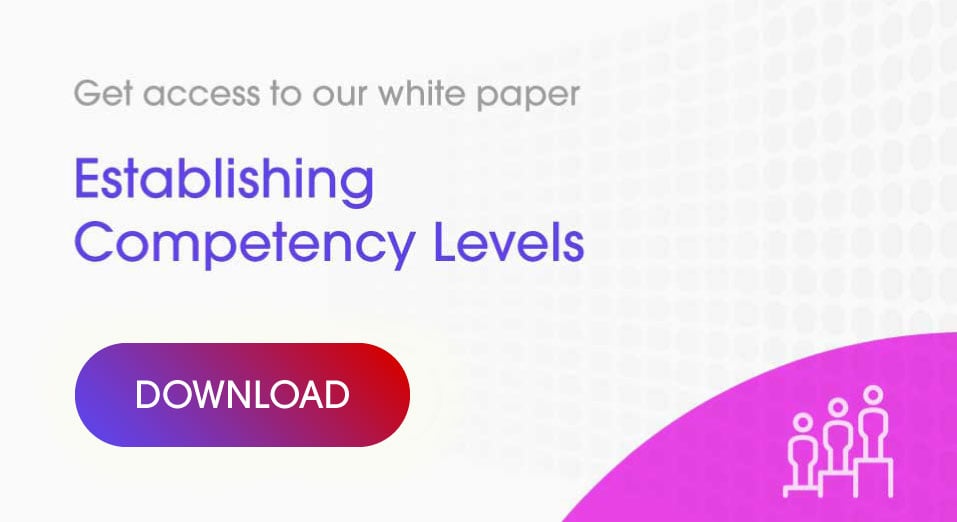Ethical Marketing in the Pharmaceutical Industry | The global marketplace is demanding an ‘ethical and socially responsible’ pharma industry, and we need to understand how best to demonstrate this in our marketing and sales strategies.
Ethics over profits?
There has been a focus in current years on mapping patient journeys to find new insights and ways to add more value to patient experiences beyond our products. Some are taking a more holistic view of improving patient outcomes through non-traditional partnerships.
What more can we do? We still have intense pressures to return on big R&D investment burdens in order to remain a viable industry. Just as importantly, we want and need to be viable in order to play a significant role in solving the health care challenges of our century.
So how does marketing and sales find balance between what the public subjectively deems as ethical and socially responsible, while remaining viable and delivering on internal expectations? Could ‘ethical marketing’ be the win-win strategic choice to bring back public trust and provide opportunities for competitive advantage?
Appealing to the public appetite for ‘ethical and responsible’ businesses is proving not just a creator of competitive advantage, but is producing long-term profits for Patagonia, Ikea, P&G and others.
The evolution of ethical marketing in pharma
The headlines can sometimes be less than flattering about our industry’s marketing/sales approaches and our lack of transparency.
What is often overlooked in the public debate is that we do not operate in a free-market.
[A system where the prices for goods and services are determined by the open market and the forces of supply and demand are free from any intervention by a government, monopoly, or any other.]
This is a huge influencer on industry’s behaviour beyond our focus on science, patients, ROI and building shareholder value.
Pharma is a socially important industry and our behaviours significantly impact the health and well being of people around the world. However, our reputation can fundamentally influence our license to operate. So, we protect it fiercely and it often hinders innovation in our business practices.
- GSK has publicly declared the changes they are making to the way they do business, in an attempt to rebuild trust and lead the way in ethical and transparent operations to build a new future. This then puts the spotlight on those who do not follow suit. For example, GSK recently declared a change in its access-to-medicines policy in the least developed countries. Further, it has undertaken a transformation of its marketing and sales approach: placing more emphasis on education than promotion; no longer paying HCPs for speaking engagements; and a move away from individual sales incentives to rewarding knowledge and service. All good promising stuff!
- In parallel, Reckitt Benckiser entered the spotlight not long ago for the wrong reasons - for selling identical products as specific Nurofen varieties. This prompted a debate about the line between pharma marketing and deception, opening up old wounds and in some way putting doubt on the likes of GSK’s activities and others who have attempted to signal transformation is in progress.
Ethical marketing could be a strategic choice to consider, but it will require real commitment to meet market expectations, and not just random marketing campaigns that are not backed up by deeper operational activities.
The public will look for consistency across the organisation operations. Building and maintaining the public’s trust will secure our industry’s future and potentially open up new doors to partner, provide and profit.
What is ethical marketing?
Here are two definitions to provide a conceptual view:
- ‘Ethical marketing refers to the application of marketing ethics into the marketing process. Briefly, marketing ethics refers to the philosophical examination, from a moral standpoint, of particular marketing issues that are matters of moral judgment. Ethical marketing generally results in a more socially responsible and culturally sensitive business community. ‘ [wikipedia]
- Ethical marketing is a process through which companies generate customer interest in products/services, build strong customer interest/relationships, and create value for all stakeholders by incorporating social and environmental considerations in products and promotions. All aspects of marketing are considered, from sales techniques to business communication and business development Financial Times.
It is important to mention that in addition to good marketing principles, ethical marketing aims to gain greater customer respect and loyalty through ethical and sustainable activities and also, through reinforcing the positive ‘values’ of the brand and the company behind it - thus creating a stronger brand image.
Ethical marketing creates some new challenges for innovation and development of solutions that add long-term value, without overshadowing the product's primary features and benefits.
Ethical marketing is about making marketing decisions that are morally right. The morality of the marketing decision can encompass any part of the marketing process, including:
- the product promotion,
- pricing,
- any wrap-around communications and services,
- educational activities and
- transparency of data and business practices.

Successful ‘ethical’ brands
Philips
According to Phillips, “when companies work ethically, they will naturally outpace competition. Why? Simply because customers, as we’ve discovered, will see them as a trusted partner, not only for what they do, but how it is delivered.Commitment from management is a key factor to effectively deal with these situations.”
Patagonia
Outdoor clothing or equipment companies often advocate environmentalism. However, Patagonia goes further. In 1985, the company started the 1% for the Planet pledge. Patagonia is well aware of the impact its business has on the environment, so it asks its customers to refrain from buying its products if they don't really need them and get them repaired. It is this approach that has created a burgeoning business, a successful iconic brand, and a cult-like following.
Salesforce.com
For years, Salesforce.com (a CRM offering) has been honored for its philanthropy and good practices. Through its Salesforce.com Foundation, the company has donated millions of dollars toward education grants and technology, and even discounts its services to non-profit organizations. The company also encourages its employees to get into the action by giving them six days off per year (not just a token one day) to do any type of charitable work they choose.
Others
And there are others like - M&S & Unilever.
By implementing ethical marketing, new products can be created. Ikea promises to make every product more sustainable while maintaining its quality, function, form and affordability. Levi’s recycles old material into new clothing. Dell integrates alternative, recycled and recyclable materials into its products.
The charity partnership between Pampers (P&G) and Unicef created a ‘One Pack One Vaccine’ campaign has helped eliminate maternal and newborn tetanus in 17 countries.
Getting started with ethical marketing
For companies who want to pursue ethical marketing in a manner that will appeal to their customers and stakeholders, and bring greater business benefits, they will need to understand them very deeply through journey mapping, insight discovery, closed loop marketing, research and analytics etc.
Ethics can form one element of a marketing strategy or ideally, the whole strategy can be based around ethical marketing.
- Sensibly, the first step would be to define what is considered ethical by patients, stakeholders and your company, and develop a guiding definition to use.
- Explore how ethical marketing could be implemented – will it just be at a brand level based on insights or will it be a company commitment across the whole value chain?
- Complete a situational analysis to form a base line. You are sure to find some really good leveraging points within the current operation and offerings.
- Estimate what needs to change and how much your new ethical marketing strategy will require in terms of budget and resources. Compare this against the expected benefits. This will help you decide if you could pursue ethical marketing as a differentiator and create a competitive advantage.
A not so ‘last word’
Balancing ethics and remaining competitive might be difficult in the short term.
If ethical marketing involves considering the needs, expectations and welfare of all involved, it could add to additional costs, which may need to be offset.
‘Thinking of the firm as a social institution generates a long-term perspective that can justify any short-term financial sacrifices required to achieve the corporate purpose and to endure over time.’ [HBR]
The adoption of ethical marketing, which truly reflects market expectations, will resonate well with patients, HCPs, payers and policy makers, and therefore create a competitive edge and long term enduring relationships based on trust and respect.
I suggest we embrace versus fight the market forces and the new opportunity for further evolution. Consider ethical marketing as your core strategy and explore leverage points. Even small steps in the right direction are the first steps towards a long-term ethically sound strategy for your organisation.
---
If you are interested in our mobile learning solutions on digital channels, contact Actando.
The Actando Consulting Team






.jpg?t=1489404869036&width=850&name=Untitled%20design%20(41).jpg)



